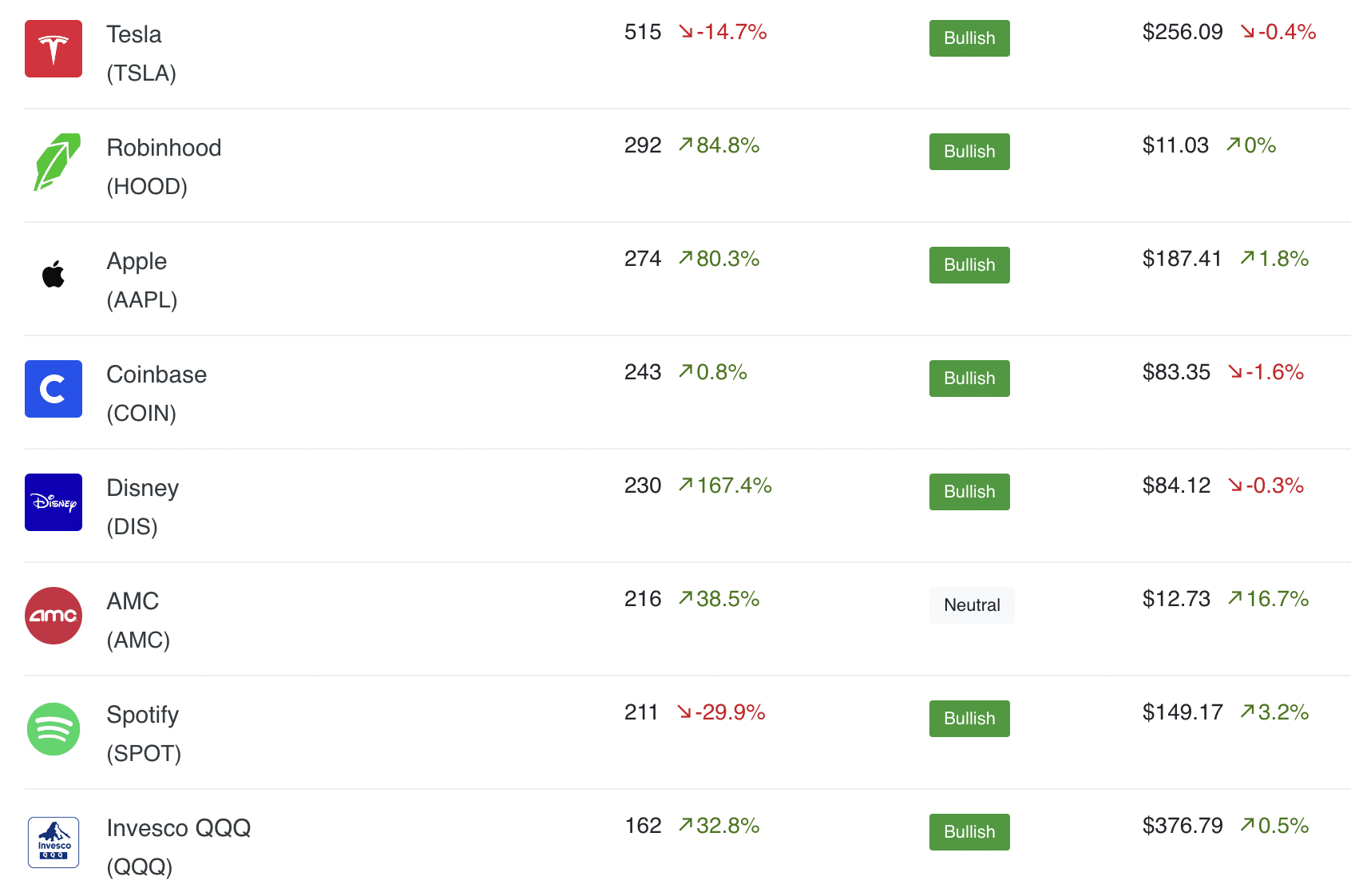Artificial intelligence (AI) is revolutionizing the banking industry by introducing innovative tools that enhance operational efficiency, improve customer experiences, and bolster security. AI banking tools utilize advanced technologies such as machine learning, natural language processing (NLP), and predictive analytics to automate tasks, personalize services, and provide deeper insights into financial data. By leveraging AI, banks can streamline processes, reduce costs, and offer more tailored solutions to their customers. In this article, we’ll explore the key applications of AI banking tools and the benefits they bring to the financial sector.
What are AI Banking Tools?
AI banking tools (https://livebank24.com/ai-tools-from-livebank/) are software applications powered by artificial intelligence that help banks automate processes, make smarter decisions, and deliver personalized services to customers. These tools can analyze large volumes of data, detect patterns, and provide insights that enable banks to optimize their operations, improve risk management, and offer a better customer experience. AI tools in banking cover a wide range of applications, including customer service automation, fraud detection, credit scoring, risk management, and personalized financial advice.
With AI becoming more integrated into banking systems, financial institutions are increasingly relying on these tools to stay competitive in a digital-first landscape. The automation and intelligence provided by AI banking tools help banks achieve higher efficiency and deliver services that are faster, more secure, and more convenient for customers.
Key Applications of AI Banking Tools
- AI-Powered Chatbots and Virtual Assistants
AI-powered chatbots and virtual assistants are becoming a core feature in modern banking. These tools use natural language processing (NLP) to interact with customers in real-time, handling a wide range of tasks such as answering queries, providing account information, helping with transactions, and guiding users through services like loan applications. AI chatbots can resolve issues quickly, provide personalized recommendations, and operate 24/7, improving customer service while reducing the need for human intervention. - Fraud Detection and Prevention
AI banking tools are particularly effective in fraud detection and prevention. Machine learning algorithms can analyze transaction data and identify suspicious patterns or behaviors that may indicate fraudulent activities. By constantly learning from new data, these AI tools can detect and prevent fraud in real-time, minimizing financial losses and protecting customer accounts from unauthorized transactions. AI can also flag anomalies in high-value transactions or identify unusual account access patterns, adding an additional layer of security. - Credit Scoring and Risk Assessment
Traditional credit scoring models rely on limited data points such as income, credit history, and employment. AI tools, however, can analyze a broader range of data sources to provide more accurate and comprehensive credit assessments. Machine learning algorithms consider alternative data such as utility bills, rental payments, and even social media activity to determine a customer’s creditworthiness. This allows banks to make better lending decisions and offer credit to underserved customers who may not have traditional credit histories. - Personalized Financial Services
AI tools enable banks to offer personalized financial services tailored to the unique needs of each customer. By analyzing transaction history, spending patterns, and investment behaviors, AI can deliver personalized product recommendations, such as tailored loan offers, customized savings plans, or personalized investment strategies. This level of personalization not only improves the customer experience but also helps banks build stronger relationships with their clients by offering solutions that are directly relevant to their financial goals. - Automated Customer Insights and Predictive Analytics
AI banking tools can use predictive analytics to forecast customer behavior and offer proactive services. By analyzing data patterns, AI can predict when a customer may need a specific financial product, such as a mortgage or personal loan, and offer relevant services before the customer even asks. Predictive analytics also help banks identify potential customer churn, allowing them to implement retention strategies in advance. This approach enables banks to be more proactive and customer-focused, enhancing satisfaction and loyalty. - Risk Management and Regulatory Compliance
AI tools are invaluable for managing risks and ensuring regulatory compliance. Banks are required to follow stringent regulations, including anti-money laundering (AML) and Know Your Customer (KYC) protocols. AI can automate the monitoring of transactions and customer data to ensure compliance with these regulations, reducing the risk of human error and improving the accuracy of reporting. AI-driven risk management tools can also analyze large datasets to identify potential risks in real time, helping banks mitigate issues before they escalate.
Benefits of AI Banking Tools
- Enhanced Operational Efficiency
AI banking tools significantly reduce the time and effort required to complete repetitive tasks, such as document processing, data entry, and customer support. By automating these processes, banks can operate more efficiently, cut down on manual workloads, and free up employees to focus on higher-value tasks. This increase in efficiency translates into faster service for customers and lower operational costs for banks. - Improved Customer Experience
AI-driven tools provide a seamless, personalized, and more responsive customer experience. AI chatbots and virtual assistants can handle customer inquiries instantly, provide round-the-clock support, and resolve issues faster than traditional customer service channels. Additionally, AI tools enable banks to offer personalized financial products and recommendations, ensuring that customers receive relevant and timely services that meet their individual needs. - Advanced Fraud Detection
AI-powered fraud detection tools provide an enhanced level of security by continuously monitoring transactions and detecting fraudulent activities in real-time. These tools adapt to new threats as they emerge, making them more effective than traditional rule-based systems in identifying complex fraud schemes. This leads to better protection for both customers and banks, reducing the financial and reputational risks associated with fraud. - Data-Driven Decision Making
AI tools provide banks with deeper insights into customer behavior, market trends, and operational risks. By leveraging data-driven insights, banks can make informed decisions about product offerings, marketing strategies, and risk management. AI’s ability to process vast amounts of data allows banks to identify opportunities and risks more accurately, leading to better business outcomes. - Cost Reduction
By automating routine tasks and streamlining operations, AI banking tools can help reduce costs associated with customer service, compliance, and fraud detection. For instance, AI chatbots can handle a significant portion of customer inquiries, reducing the need for large call center teams. AI’s ability to optimize processes also leads to cost savings in areas like credit assessment, compliance reporting, and risk management. - Scalability
AI tools are highly scalable, meaning they can grow with a bank’s needs. As customer bases expand and data volumes increase, AI systems can handle the additional workload without sacrificing performance. This scalability is particularly important for banks looking to scale their digital services or expand into new markets.
Challenges in Implementing AI Banking Tools
- Data Privacy and Security
With the use of AI comes the challenge of handling vast amounts of sensitive customer data. Ensuring that this data is secure and compliant with privacy regulations such as the General Data Protection Regulation (GDPR) is crucial. Banks must implement strong data protection measures and invest in cybersecurity to safeguard against breaches and unauthorized access. - Integration with Legacy Systems
Many banks still rely on legacy IT infrastructure, which can make integrating AI tools a challenge. Upgrading these systems or ensuring seamless integration between AI tools and existing software can be complex and costly, requiring significant investment in technology and staff training. - Customer Trust
While AI offers numerous benefits, some customers may be hesitant to trust automated systems, particularly when it comes to sensitive financial matters. Banks must ensure that their AI tools are transparent, reliable, and easy to use to build customer trust and encourage adoption.
The Future of AI Banking Tools
As AI technology continues to evolve, its role in banking will only become more prominent. The future of AI banking tools includes more sophisticated predictive analytics, deeper personalization of financial products, and the integration of emerging technologies like blockchain to enhance security and transparency. AI-powered solutions will continue to streamline operations, improve customer experiences, and provide banks with the tools they need to stay competitive in an increasingly digital world.
Conclusion
AI banking tools are transforming the financial industry by automating processes, enhancing security, and delivering personalized customer experiences. From chatbots that provide real-time support to machine learning algorithms that detect fraud, AI is helping banks operate more efficiently, reduce costs, and offer better services to their clients. As AI technology continues to advance, banks that adopt these tools will be well-positioned to succeed in the digital future of banking – https://livebank24.com/.



